It’s no secret that compost is worth its weight in gold as far as your garden is concerned, but not everyone knows how to compost correctly. Composting is one of the best habits you can get into—it fights food waste, is great for the environment, and will help your garden in immeasurable ways!
What Is Compost?
Compost is a mixture of organic materials decomposing into a natural fertilizer. During the composting process, nutrients and micronutrients are released into a format that new plants can absorb. In addition to being very high in nutrients, compost also contains beneficial insects and microorganisms that support the growth of healthy plant roots. Compost’s moist and crumbly texture helps loosen soil texture, improve drainage, and regulate moisture retention, which are essential for allowing large root structures to form.
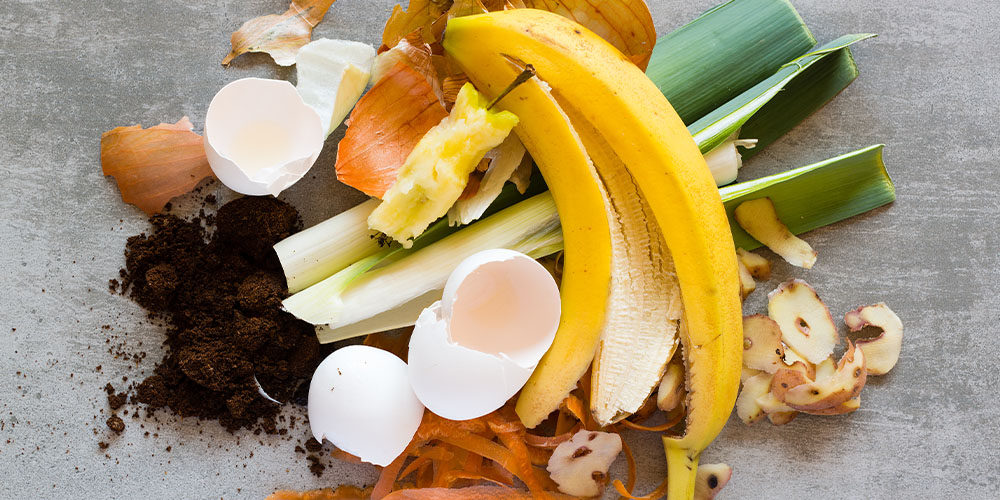
Recipe for Success: Greens vs. Browns
On the surface, it seems like compost is little more than a bin of rotten table scraps. While it’s true that kitchen scraps can make up a large portion of a compost bin, there’s just a little more to it—you could even call it a recipe!
A successful compost heap requires nitrogen-rich materials (known as “greens“) and carbon-rich materials (known as “browns“), along with a little bit of water, to get things moving. Including both groups ensures that your compost mimics natural soil as much as possible.
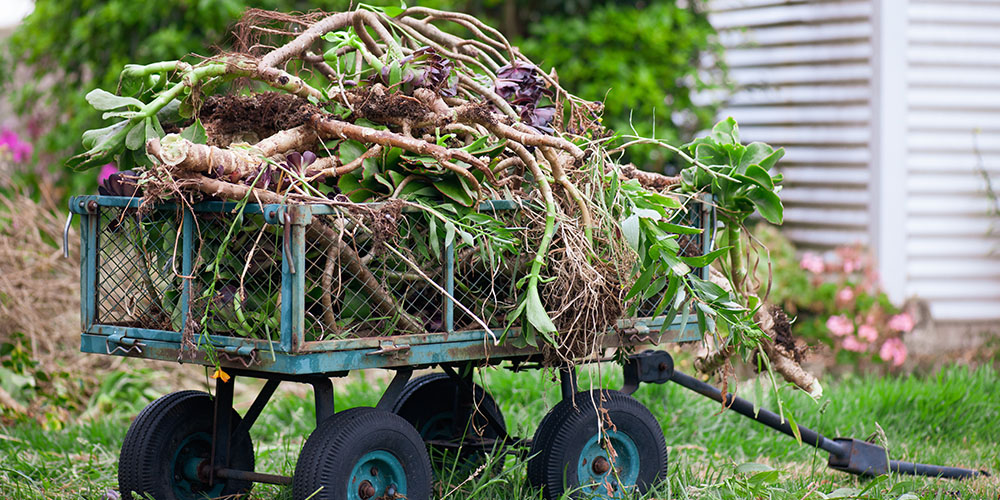
Greens are typically the wet ingredients, like:
- Banana peels
- Strawberry hulls
- Coffee grounds
- Still-green grass clippings
- Pruned clippings from plants and flowers
- Eggshells
- Seaweed/algae
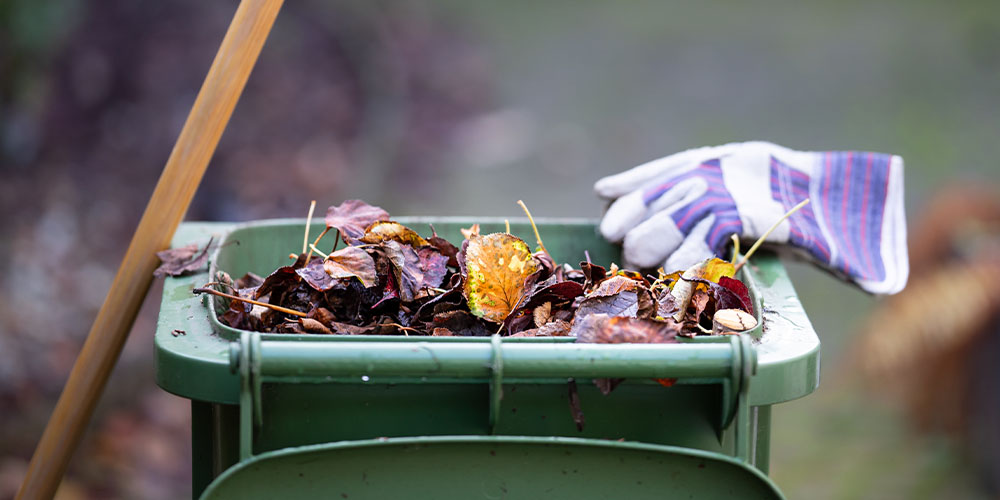
Browns are usually dry materials, such as:
- Dry autumn leaves
- Hay
- Cardboard (non-coated and not greasy or oily)
- Tree branches and twigs
- Straw
- Cornstalks
- Chips, shavings, or sawdust from untreated wood
Building and Maintaining a Compost Pile
Once you’ve either purchased or built a composter, start adding the proper ratio of materials. To break down correctly (and control any unsavory smells), it’s important to keep a ratio of one part green for every two parts brown.
An easy way to keep your ratios balanced is to keep a brown pile in a hidden corner of your yard, where you might keep leaves leftover from fall cleanup, dried grass from your lawn dethatching, and any old cardboard or non-glossy paper products. Then, keep a small pail with a lid in the kitchen and a matching pail by your brown pile. When your kitchen pail is full, add that to your compost bin along with two bins of brown, and mix it up; this way, your ratios will always be correct. It’s so easy that even your kids can help out!
Monitor your compost, turning it over every week or so. If it seems dry, spray it with enough water to get the mixture damp but not soaked. You’ll know your compost is working as intended if, in a few weeks, you notice heat coming off the pile if you hover your hand overtop. Yes, this recipe is self-cooking!
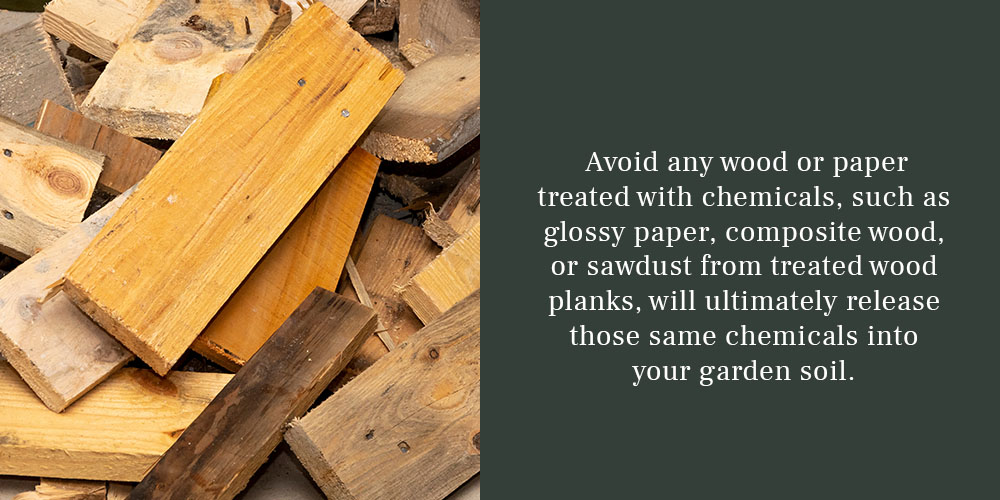
What Not to Compost
Just about any organic or organically-derived products can be composted. However, some items never belong in the compost pile. Avoid adding:
- Weeds and diseased plant material: This will spread that same weed or disease throughout your garden.
- Meat and dairy: Technically, these are compostable, but they produce a strong odor that humans hate and pests love.
- Treated paper and wood products: Any wood or paper treated with chemicals, such as glossy paper, composite wood, or sawdust from treated wood planks, will ultimately release those same chemicals into your garden soil.
- Acidic food items: Citric acid, vinegar, pickled items, and even tomato sauces can kill the microorganisms you’re trying to build with your compost pile. Just remember: “if it’s sour, it will overpower.”
- Greases and oils: These fatty products attract annoying pests like raccoons and can also interfere with the moisture balance in your compost heap.
- Pet waste: Any waste from living creatures is full of harmful bacteria and diseases and is not safe to use in your garden.
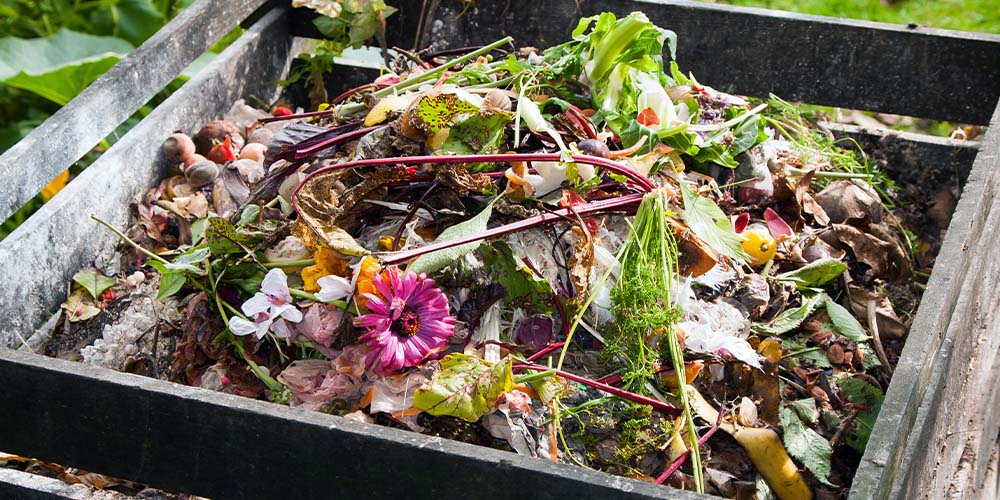
Once you start getting in the habit of saving your greens and browns, composting is a cinch. Monitor your pile whenever you turn, and before you know it, you’ll have more ‘black gold’ compost on your hands than you’ll know what to do with! For more tips and supplies, visit our garden center in Pass Christian, MS, today!
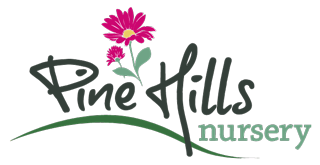

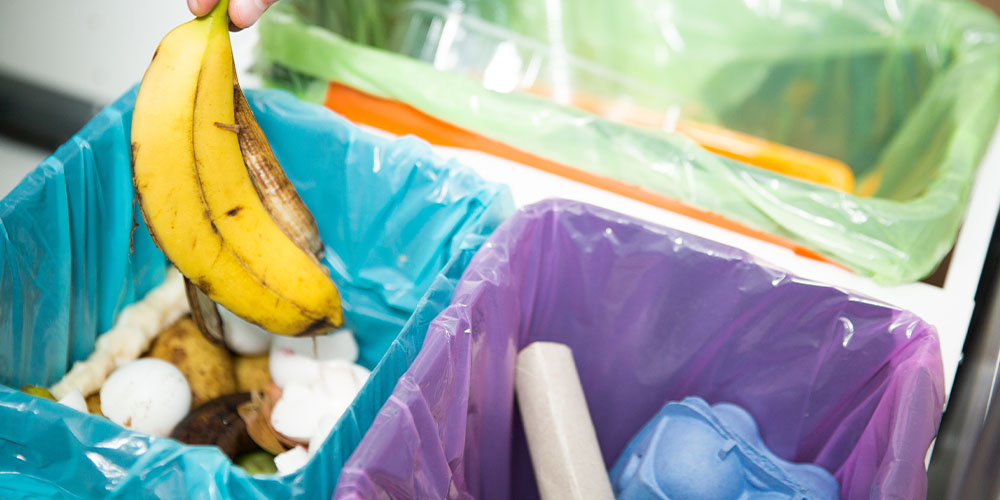

Thanks Rachel, for sharing this!
Happy Fall to y’all!!
I love all the things/activities you’ve added to Pine Hills over the years. Very much appreciated & enjoyed.
Great article Rachel!